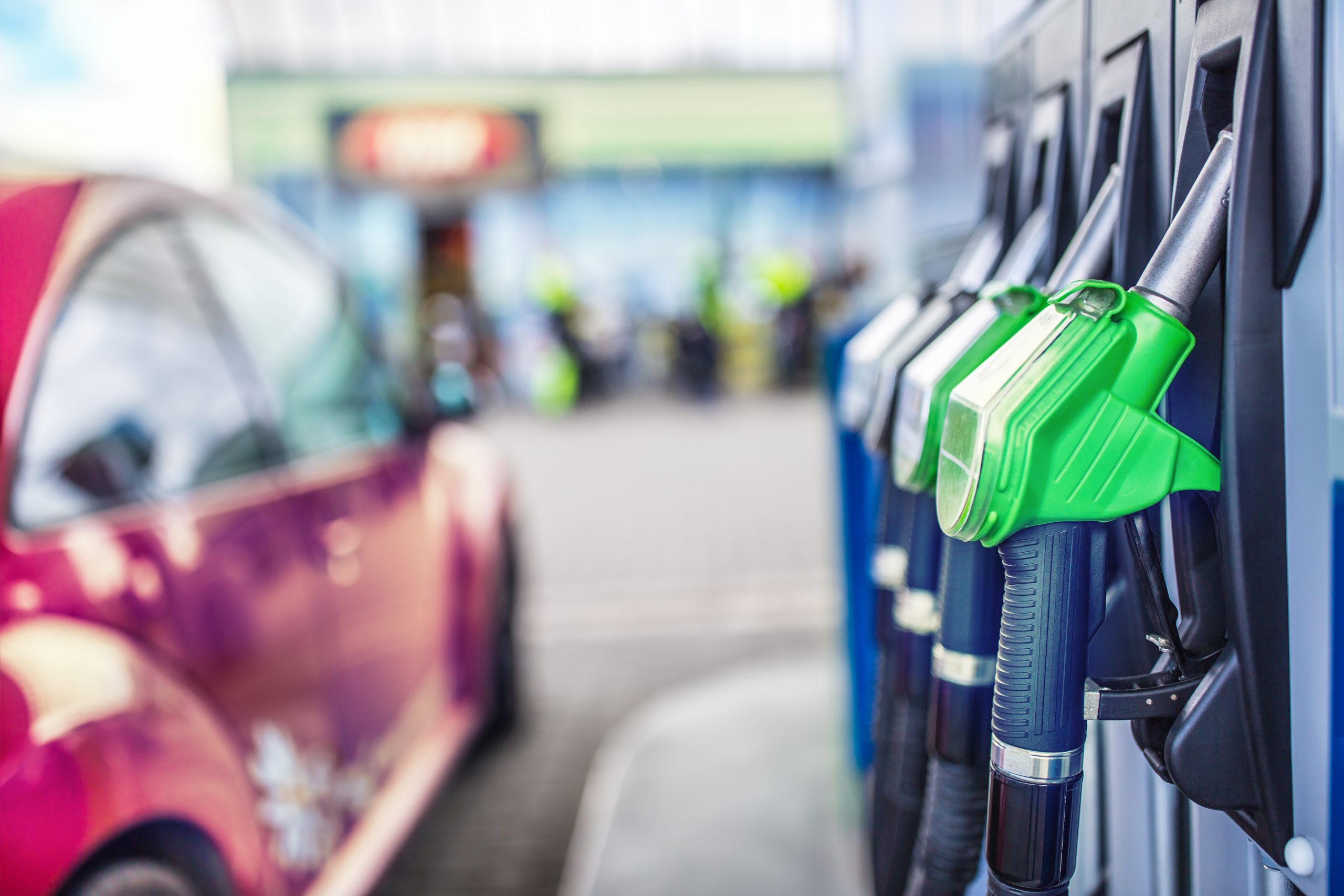Household Bills
Drivers face 12p petrol price hike, hidden fuel duty docs reveal

Chancellor Jeremy Hunt was forced to say “no decisions” have been made after a leading, independent analyst suggested fuel duty was set to be hiked in March 2023.
During yesterday’s Autumn Statement, Hunt made no mention of fuel duty during his Commons speech, and there was nothing noted in the 70-page accompanying document.
However, in the Office for Budget Responsibility’s (OBR) independent forecast also published yesterday, it included details of a fuel duty hike in Spring which would bring in a record cash increase for the government.
The point read: “The planned 23 per cent increase in the fuel duty rate in late March 2023, which adds £5.7bn to receipts next year. This would be a record cash increase, and the first time any Government has raised fuel duty rates in cash terms since 1 January 2011. It is expected to raise the price of petrol and diesel by around 12 pence a litre.
And in a separate document, it also included: “And next April’s planned super-indexation in fuel duty is assumed to bring in £5.7 billion in revenue next year in our forecast, but would now require a rate increase of 23 per cent.”
‘Heap more misery on millions of drivers’
RAC head of roads policy, Nicholas Lyes, said: “As things stand, drivers will face an enormous hike in the cost of fuel next Spring due to fuel duty going up. The OBR expects to see 12p added to a litre of fuel, as a result of the current 5p duty cut coming to an end combined with its scheduled rise – something that’s not been seen for over a decade due to duty being frozen in successive Budgets.
“The Government has always made a big deal of cancelling duty rises in the past and will face colossal pressure to do the same next year – after all, a rise of these proportions would heap yet more misery on the millions of households that depend on their vehicles, most of whom will have just endured one of the costliest winters on record.”
Meanwhile, Howard Cox, founder of FairFuelUK said: “It would be economics of the asylum if this short-term thinking, ill-informed Government whacked even more filling up costs, onto one of the world’s already highest taxed drivers.
“Yet another Chancellor, it seems, who doesn’t understand that the cost of filling up is the biggest influence on inflation and the cost of living. High fuel costs and taxes damage GDP, close businesses, restrict travel and reduce spending.”
‘That is not Government policy’
Speaking on BBC breakfast this morning, Hunt said: “Let me clear that up. That is not government policy.
“We will make a decision on that at the next Budget in the Spring.
“That was just an assumption that the OBR made. They’re an independent organisation, they make assumptions. We have made no decision on that at all.”
When pressed on whether there is a possibility it could rise next year, Hunt added that the only time a decision like that would be made would be at the Budget.
Fuel duty frozen and then cut
In the Spring Statement delivered by former Chancellor, now Prime Minister Rishi Sunak, in March 2022, he confirmed fuel duty would be cut by 5p a litre “to ease the pain for drivers facing soaring pump prices”.
This took fuel duty from a flat rate of 57.95p per litre for both petrol and diesel to 52.95p per litre.
It was frozen for 12 consecutive years before the fuel duty cut which would shave around £3 off the cost of filling a 55-litre family car and save the average driver £100.
However, over summer, pump prices soared to record highs, with the RAC Fuel Watch data revealing average UK petrol and diesel prices hit 191p per litre of petrol and 199p per litre of diesel in June 2022. At these prices, tax to the UK Government represented around 43-44% of the total price that drivers were paying, it added.
It led to former business secretary Kwasi Kwarteng ordering an urgent review of the sector by the Competition and Markets Authority (CMA) in July.
Following this, the CMA launched a formal investigation, noting drivers were paying 60p a litre more in a year, with concerns that fuel retailers were profiting from the current situation.